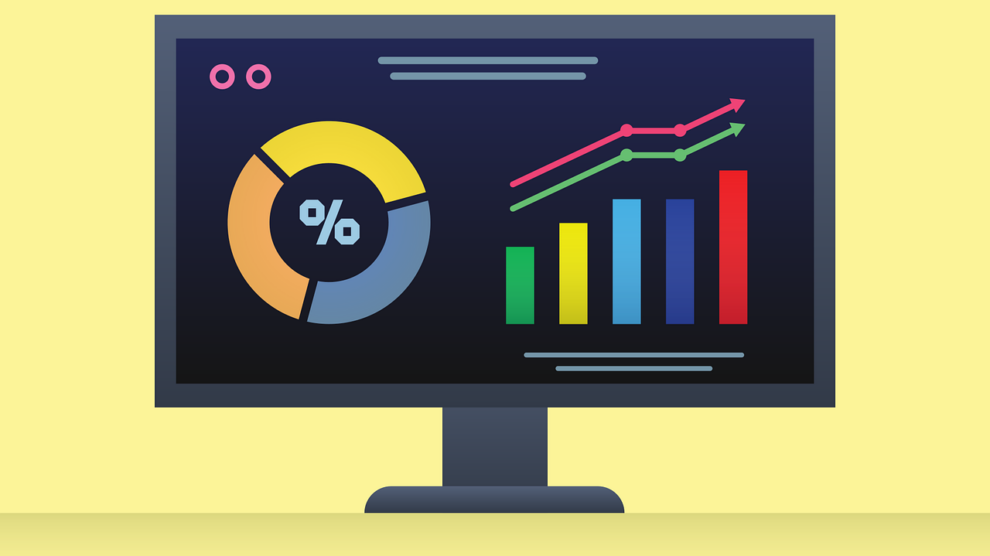Finance Minister Chrystia Freeland had made her intentions clear in the 2020 Fall Economic Statement – C$ 70-100 billion will be earmarked for stimulus spending for the next three years.
The term ‘to jumpstart our recovery’, and not ‘stimulus’, was used in the official statement. Now, what it exactly means will only be clear once the budget is presented on Monday, April 19, in the House of Commons. For now, the government is backing small and big businesses through its Emergency Wage Subsidy scheme. Other such aid programs include Emergency Rent Subsidy, Lockdown Support, etc.
Does Keynes’ Demand-Side Theory Make Sense Here?
John Maynard Keynes was a British economist, who argued that the government should lead the path to economic revival during recessionary phases.
His theory was based on jumpstarting demand and he called for increased fiscal expenditure. Spending, he believed, would trigger consumption, and these multiple pulls would eventually put an economy on the path of growth.
What the Keynesian theory does not point out here is the fact that increased fiscal expenditure will simultaneously lead to an expansion of the government’s fiscal deficit and debt-to-GDP ratio.
What Exactly Is ‘Fiscal Prudence’?
Fiscal prudence does not mean having a perpetual fiscal surplus, and if an economy does manage to have one, it simply means that the policymakers aren’t smart enough.
By keeping the economy in surplus, policymakers deprive people of growth and high living standards.
Let’s understand this by way of an example.
Instead of holding a fiscal surplus of C$ 100, it can be wiser to spend that amount – and even borrow another C$ 100 if need be – on building a new infrastructure.
Many critics believe the government should rein in its fiscal deficit. Some have also warned of a repeat of the mid-1990s debt-to-GDP crunch. In popular media, fiscal prudence is even being equated with ‘fiscal austerity’.
A KPMG survey found that majority of Canadians (89 per cent) are in favor of ‘prudent’ future spending in the 2021 budget.
Prudent here, however, should mean that even though the government will have a sizeable fiscal deficit, the spending must be such that it leads to economic recovery, including employment generation in the immediate future.
What Numbers Say and Allow?
Canada has the lowest debt-to-GDP ratio in comparison to the other members of G7 (2019 figure). Meanwhile, over three million Canadians lost their jobs after the pandemic struck in March 2020 (and a big chunk of those lost jobs have come back, aided by government spending).
The current economic outlook has again become uncertain, with many countries battling third and fourth waves of COVID-19. Lockdowns, inter-provincial trade restraints and disruption to international trade cannot be ruled out in the near future.
This state of affairs is near-identical to the situation that prevailed when Keynes advocated increased government spending.
However, the important part to keep in mind here is that the spending budget should ideally be used on near and mid-term measures rather than earmarking a big chunk of it on long-term measures.
Using the stimulus package on near-term measures, such as putting the money directly in the hands of people and businesses, makes more sense than any austerity at the moment.
We think Mr Keynes would have agreed!





